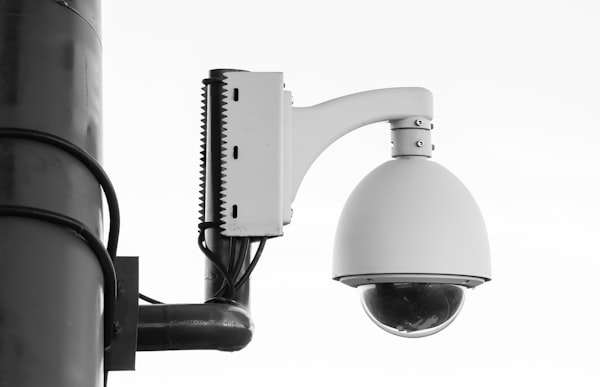Renting a Storage Unit: What To Look For
When it comes time to declutter your home or business, or you need a place to store seasonal items, you may be considering renting a storage unit. When you are looking for a storage unit, one of the most important things to consider is the type of storage unit that will best meet your needs. There are various storage unit types to choose from, and each has its own benefits and drawbacks. Whether you need a small unit for a few items or a large unit for a whole household, there is a self-storage unit that is right for you.
The size of the unit and the amenities offered will impact the storage unit cost. No matter if you need a climate-controlled unit or a 24 hours storage facility, depending on your budget and your storage needs, there are several options to choose from. Keep reading to learn about the different things to look for when searching for self-storage units.
Storage Unit Size

When renting a storage unit, you will want to consider the size of the storage unit. The size of the storage unit will determine how much you can fit in the storage unit and how much it will cost. Self-storage unit size and shape can vary depending on the facility. However, there are some standard sizes and shapes available. The smallest self-storage units are typically called “5×5” or “mini-storage.” They measure 5 feet by 5 feet and are perfect for small items. Larger units as big as 10 by 30 are available to handle everything in a four-bedroom house. You can also find storage space for your RV or vehicle.
Depending on the storage facility, there are numerous sizes to choose from. It’s important to choose the correct size for your needs so that you have enough space and you don’t end up paying more for the room you don’t need. You can consult size charts and speak with storage facility staff for help.
Climate Control

When renting a storage unit, it is important to consider the climate control of the unit. Temperature and climate control are important factors to consider when storing items, as they can affect the condition of the items. If the temperature is too hot or too cold, it can damage items. The ideal temperature range for storing items is between 50 and 80 degrees Fahrenheit. Depending on your items, electronics or antique furniture could be sensitive to fluctuating temperatures. In addition, if there is high humidity in the air, this can also cause damage to items. Climate control helps to prevent both high temperatures and high humidity from affecting stored items.
Access
The location of the storage unit will be a major consideration when renting a space. Storage units located in a city or urban area will typically be more expensive than storage units located in a rural area. This is because the cost of living is higher in urban areas, and landlords typically pass along some of these costs to their tenants. Additionally, units that are closer to large cities are usually more convenient to access.
Consider how often you plan on accessing your belongings. If you plan on needing access to them often, then you will need a unit that is closer to your home or work. This might mean that you need to select a unit in the city. If access is not as important, then you can choose a unit that is further away and save some money.
Security Features

The level of security at the storage facility will be an important consideration for you. Most storage facilities offer protective fencing and measures such as security cameras with 24-hour surveillance, gated access control, and restricted key card access. These features make it more difficult for criminals to gain access to the property and steal belongings or damage units. In addition, they help ensure that only authorized individuals have access to the property, which helps protect customers’ belongings. While you might pay more money for facilities with upgraded security, you will have peace of mind knowing that your things are safe.
Overall, choosing the right size storage unit is important for both your convenience and your wallet. Some of the things to consider include the size of the unit, the location of the facility, and the type of unit you require. Shopping around for different monthly rates and facilities is the best way to secure a storage unit that is right for your needs.